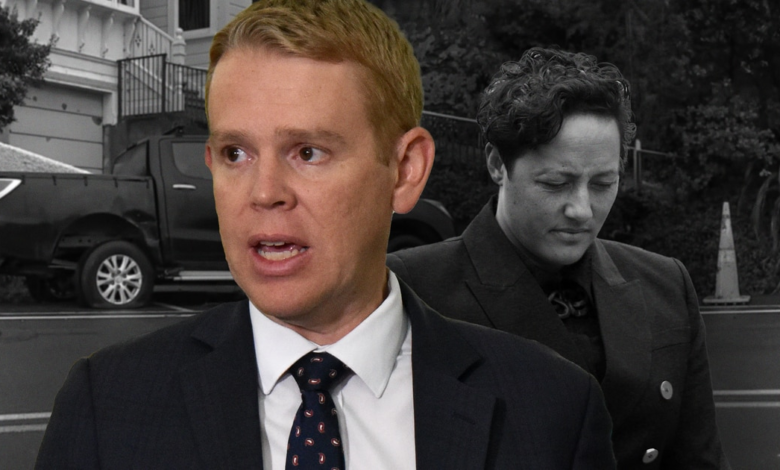Fitness to work can be ‘challenging’ to identify

Identifying a worker’s fitness to perform a job can be difficult for employers and employees alike, an employment lawyer says.
As former Justice Minister Kiri Allan announced today she will not stand for re-election following charges related to a Sunday night crash, questions have arisen if the Labour MP was hasty in her return to Parliament, or if Prime Minister Chris Hipkins made a fair judgement in bringing her back so soon.
When announcing Allan’s return to work after taking several weeks to focus on her well-being, Hipkins said she “has had a rough time lately, both personally and at work”.
University of Auckland law scholar Mark Henaghan, who has known Allan for many years, told Breakfast yesterday that she has “gone through a lot”.
Prior to her crash — less than a week after her return to work — Allan had already spent the last few years embattled with undisclosed mental health struggles, stage three cervical cancer and allegations of her mistreating staff.
Alison Maelzer, a partner of the employment law team at Hesketh Henry, told 1News that in terms of assessing a worker’s fitness, an employer would typically have to accept what an employee tells them at face value.
“Generally [as an employer], you are entitled to and probably have to assume that your employee is telling you the truth. So if they say that they are fit to work, and you have nothing to give you any reason to doubt that, then you would as an employer assume that’s the case,” she said.
However, she notes that there are often limits — and therefore extra steps to take — for employers to identify wellness issues in their workers.
Or, in some cases, employees may believe they are capable of doing a job, but cannot recognise and declare that their fitness is too low.
“Most employers aren’t medically qualified to be assessing fitness for work, so it’s quite difficult for an employer to make an assessment to whether someone is able to work,” Maelzer said.
“If you [as an employer] did have any particular concerns, it would probably be incumbent on you to try and get further information, so your first port of call would be getting more information from the employee, and if that didn’t satisfy you then you might be asking the employee to consent to having some sort of medical assessment or examination.
“As an employee, you might think that you are fit for work and genuinely believe that you are fit for work, in those circumstances it’s really difficult for an employer to question that. If you yourself don’t know, how is an employer supposed to know?”
Maelzer said members of Parliament are not considered to be employees.
Though she could not confirm a preponderance of one type of case over another, Maelzer is sure there are “plenty” of instances of employees concealing illness for the sake of staying employed, or conversely employers lacking diligence in ensuring worker health and safety.
When employees return to work after taking health-based leave, she said employers must keep an eye on them as they make the transition.
“An employer does have an obligation to ensure the safety and health of their workers, and part of that is being alert to anything that might indicate that a person is not fit for work.
“[As an employer] you would be expected to observe a person who is returning from a period of being sick for whatever reason, be that physical or psychological.”
Though wellness at large can be difficult to track, Maelzer said it can be especially “challenging” for employers to observe employees’ states of mental wellness.
“It’s not always easy for an employer to recognise when an employee is having challenges in relation to their mental health, it’s not necessarily something you can see, obviously, or that an untrained or unqualified person can pick up on,” she said.
“As an employee and an employer, both parties need to be honest, constructive and open with each other, so lying and saying things that are deceptive is obviously a no-no.”
In an employment case based in the political sphere, such as Kiri Allan’s, Maelzer said there are additional pressures that need to be considered, such as scrutiny from the public and media.
“The key is the link with the person’s job, if you are suffering from an injury or illness that is likely to impact on your ability to do your job, then arguably yes, there is an obligation to disclose that to your employer.
“If the job requires you to be in the public eye, presenting policies, speaking to the media and being a front person for something, then I suppose that’s a particular set of tasks that require certain levels of [mental] fitness, in the same way that if you’ve got a job that involves lifting heavy stuff, then you’d need certain physical abilities to be able to do that.”


